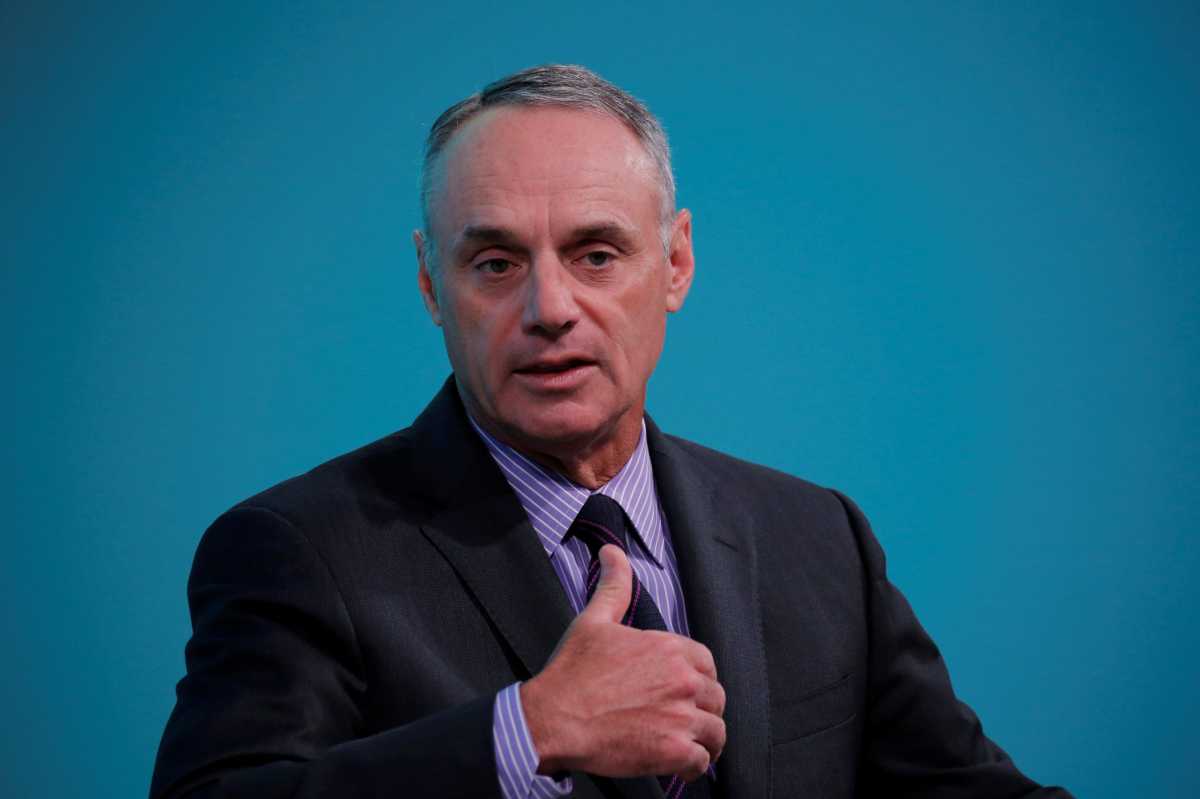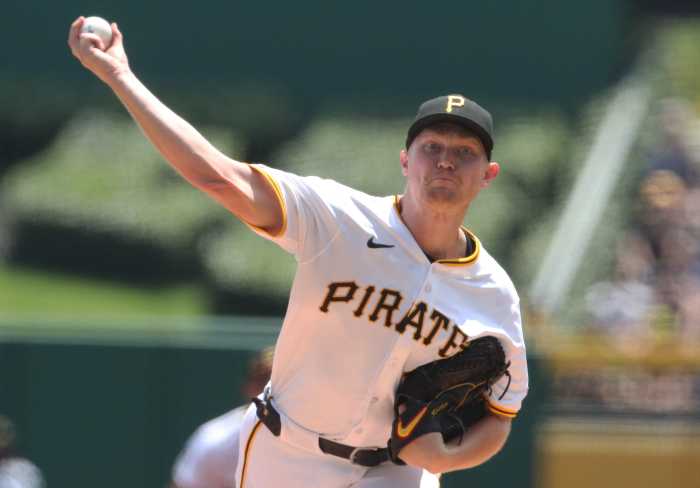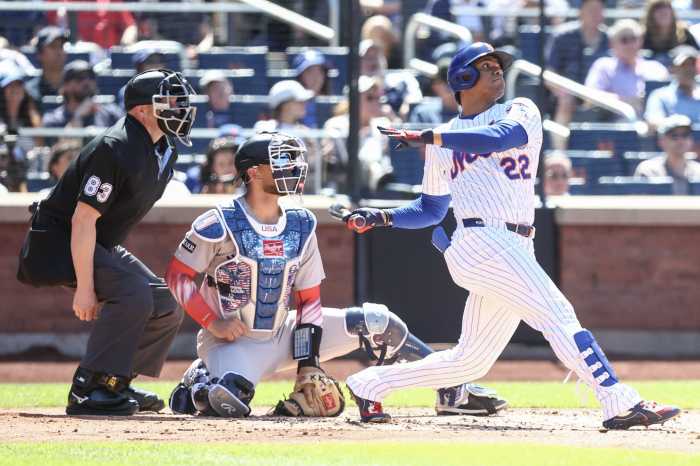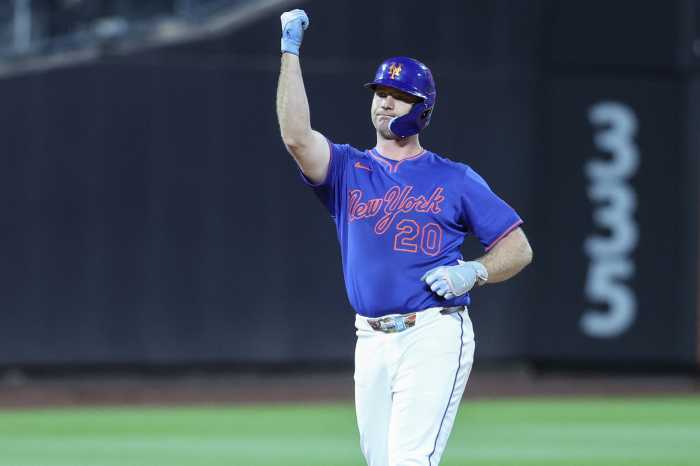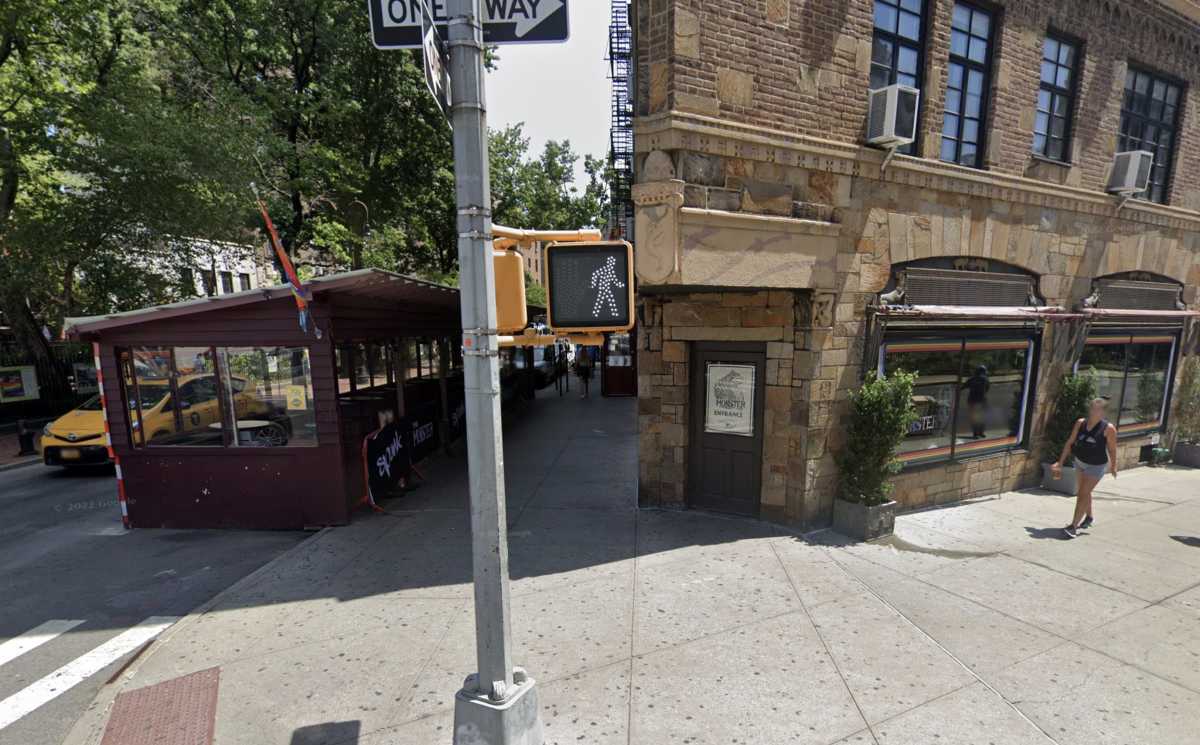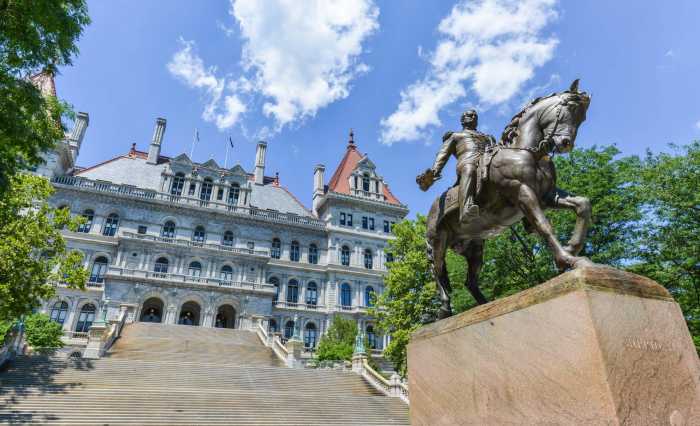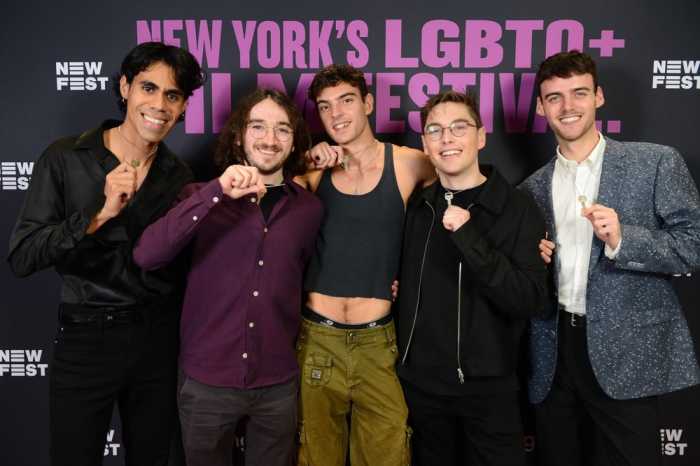For the first time during these broken baseball negotiations, MLB commissioner Rob Manfred — representing the owners — and players’ union chief Tony Clark met face-to-face this week in Arizona, as first reported by MLB insider Jon Heyman.
According to ESPN’s Buster Olney, a proposal from the league of 60 games with full prorated salaries has been tabled with an Opening Day date of July 19.
Having been described as “productive,” the meeting was the first real action between the two sides since negotiations seemingly broke down — including both sides threatening to break off negotiations while commissioner Manfred went on national television Monday night to say he was “not confident” that there would be baseball at all in 2020.
The two parties proceeded to throw verbal jabs at each other through the media and official statements as the words “bad faith” became commonplace when describing negotiations.
Initial observations of the stalemated talks suggested that disintegration derived from the financial compensation regarding the players.
The players’ union remained steadfast in citing a March 26 agreement that guaranteed their full prorated salaries during a truncated season, but the owners were quick to point out their sizable losses — an average of $640,000 per game this year — and that the agreement did not take into consideration that fans would not be in the ballparks.
While the players never received their 100% prorated numbers, MLB lobbed fractions of prorated salaries in a feeble attempt to get the players to accept. It did not work.
Other major parameters, however, could also be slowing down progress in the resolution of a return-to-play plan.
New York Yankees president Randy Levine said on Tuesday that a major snag in talks stemmed from health-and-safety guidelines that have not been agreed to yet.
Major League Baseball was forced to cancel spring training on March 12 and indefinitely postpone Opening Day due to the coronavirus pandemic.
As it stands, the plan to return to action includes all teams playing at their home, empty ballparks rather than central hub-city ideas that the NBA, NHL, and MLS have run with.



